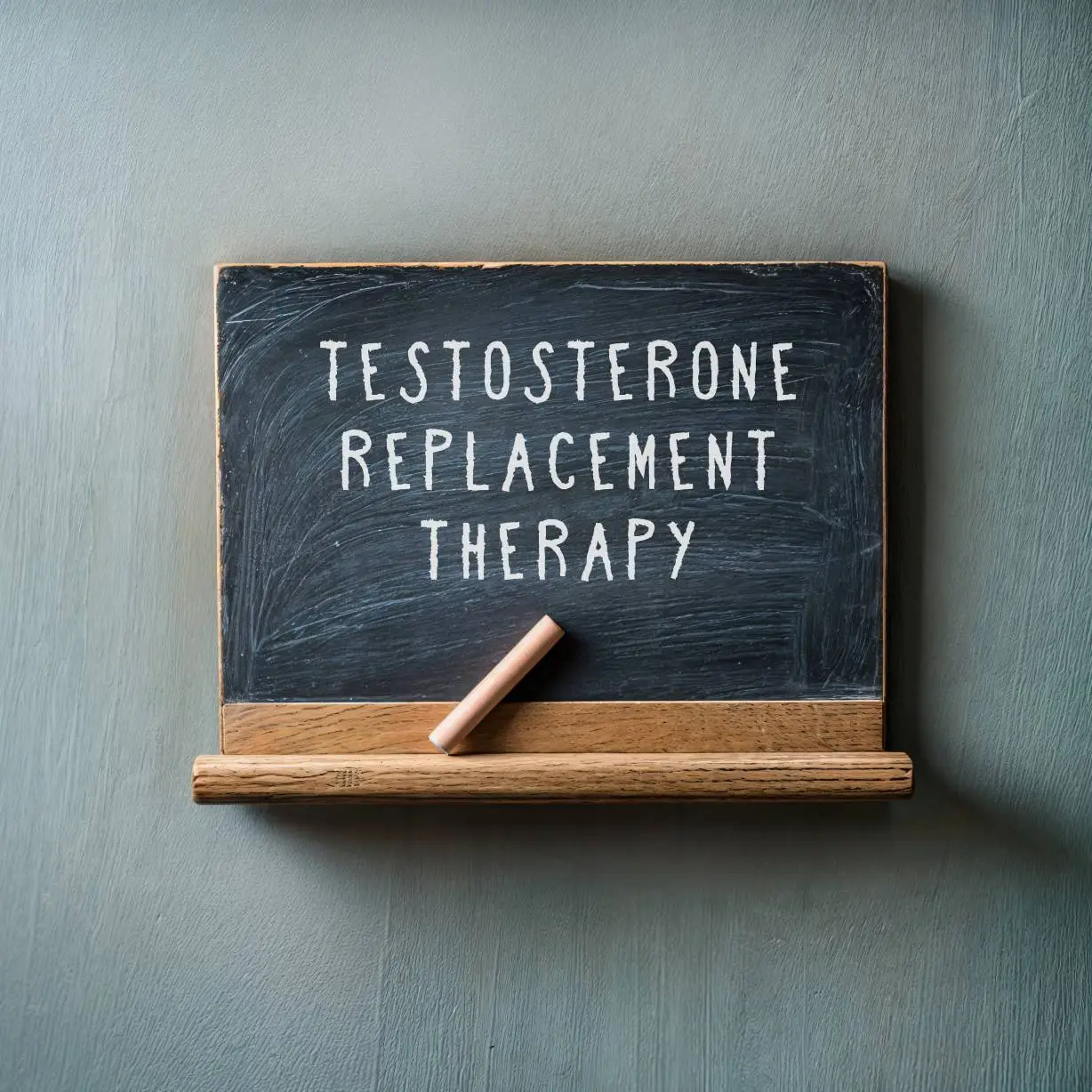Because of confusion in the media or what “you’ve heard” about testosterone replacement therapy (TRT), some people have concerns over the association with cardiovascular disease (CVD). It is important to understand how this connection came about.
There were two studies released in 2013 and 2014 that exhibited that men who started TRT had a higher incidence of having a cardiovascular event. Soon after these studies were published, the media had a flurry over it, and the FDA (Food and Drug Administration) issued a Black Box Warning about testosterone therapy. The two studies were disparagingly flawed in their designs, and one study later issued a correction that stated there was actually a 50% lower incidence of cardiovascular disease in those men receiving TRT. The other study even lacked a control group!
Following the FDA warning, the American Association of Clinical Endocrinologists (AACE) and the American College of Endocrinology (ACE) both stated that the scientific data between the association of TRT and cardiovascular disease is lacking, and that there is no conclusive evidence that it increases the risk.
On a positive note, multiple studies show men with optimal testosterone levels have a lower incidence of cardiovascular disease! Check out this review study that references over a dozen studies showing that TRT improves cardiac outcomes, decreases coronary artery disease risk, or shows no correlation.
A study published by Akishita and colleagues in 2010 observed a population of 171 men, and found that those with low testosterone levels were more likely to develop cardiovascular events than those with higher levels.
In another study published in 2011 by Ohlsson and colleagues, high serum testosterone levels predicted a 5-year REDUCED risk of cardiovascular events in elderly men.
A more recent study published in 2017 by Cheetham and colleagues in the Journal of the American Medical Association (JAMA) examined 8808 men who were undergoing TRT (over an average period of 3.4 years) and had lower incidences of cardiovascular events than those not undergoing treatment.
There is simply no conclusive answer about testosterone and the risk of cardiovascular disease. More studies now show that TRT is favorable regarding cardiovascular risk, but it is a difficult subject to study and prove a significant correlation. There are so many factors involved in cardiovascular disease that testosterone alone is likely not a major contributing factor either way.
My opinion aligns with the current statements from the American Association of Clinical Endocrinologists and the American College of Endocrinology that TRT should be considered in men who are symptomatic and have low testosterone levels that there is no compelling evidence that TRT either increases or decreases cardiovascular risk, and that testosterone therapy for men with testosterone deficiency is effective and safe.






